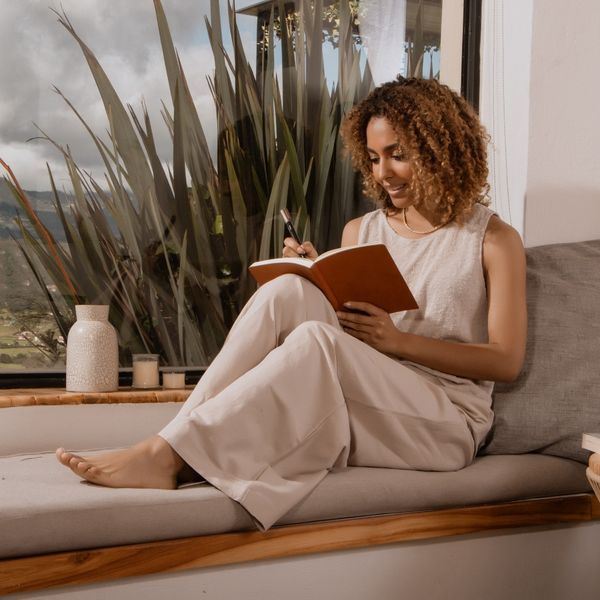Everyday anxiety can feel like a constant companion, influencing our thoughts, emotions, and physical well-being. While anxiety is a normal human experience, when it becomes overwhelming, it can disrupt our daily lives and prevent us from living to our fullest potential. The good news is that there are effective strategies you can use to manage these feelings and regain a sense of control.
4 Strategies for Managing Everyday Anxiety

Practice Mindful Breathing and Grounding Techniques
When anxiety strikes, our bodies often go into a state of fight-or-flight, with rapid heart rate and shallow breathing. Conscious breathing can interrupt this cycle. Simple techniques like the 4-7-8 breathing method—inhaling for four seconds, holding for seven, and exhaling for eight—can calm your nervous system. Additionally, grounding techniques, such as the 5-4-3-2-1 method (naming five things you see, four things you feel, three things you hear, two things you smell, and one thing you taste), can pull your focus away from anxious thoughts and back into the present moment.

Establish a Consistent and Healthy Routine
A predictable routine can create a sense of stability, which is especially beneficial when dealing with anxiety. This includes maintaining a regular sleep schedule, eating balanced meals, and incorporating physical activity into your day. Exercise, even a short walk, releases endorphins that can improve your mood and reduce stress. A consistent routine provides a framework for your day, minimizing the uncertainty that can often fuel anxious feelings.

Challenge Negative Thought Patterns
Anxiety often thrives on catastrophic thinking and a cycle of "what if" scenarios. A key strategy is to challenge these thought patterns. When you find yourself spiraling, ask yourself: "Is this thought based on fact or a fear? What is a more realistic outcome?" By questioning your negative assumptions, you can begin to reframe your thinking and break the cycle of anxiety-driven thoughts. Journaling can be a great way to identify and process these patterns.

Connect with Others and Your Community
Anxiety can make you want to withdraw and isolate yourself, but social connection is a powerful antidote. Talking to a trusted friend or family member about your feelings can provide perspective and support. If you're not ready to share your struggles, simply engaging in social activities, joining a club, or volunteering can help you feel more connected to the world around you. Remember, human connection is a fundamental part of our emotional well-being.
At Seguin Psychotherapy, we offer compassionate and confidential virtual therapy to help you understand the root causes of your anxiety and develop personalized, long-term coping mechanisms. We are here to support you in your journey toward a more peaceful and fulfilling life.
